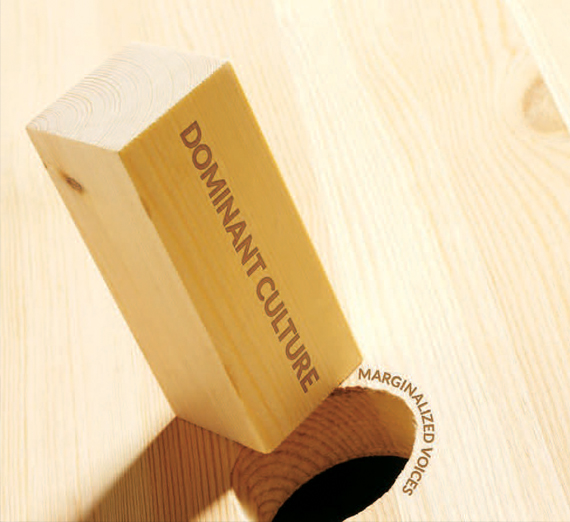T.Ed. Talks: Personal Biases

This past semester a new forum, Teacher Education Talks (T.Ed. Talks), was created by Associate Professors Jonas Cox and James Hunter for undergraduate SOE students. With the goal to cover hot topics in teacher education, the event was the perfect venue for Dean Yolanda Gallardo to present on her Pedagogy of Hope work. Attendance at the T.Ed. Talks has hovered in the 20-30 range which is impressive for a late-night talk, but also the ideal size for an intimate experience. “I realized we were onto something when 30 students showed up,” said Cox, excited that students wanted to participate.
The smaller group dynamic allowed for Dean Gallardo to engage with the audience and help them confront their personal biases. People develop biases through secondhand information collected from the environments that surround them. They later confirm these so called “truths” through personal experiences. Understanding that the bias exists and then working to confront it within ourselves, is the first step to challenging what the dominant culture is saying about marginalized groups.
Dean Gallardo pushed students to question the curriculum they are learning and the curriculum they will teach in their future classes. What often happens when a dominant culture produces curriculum for classrooms is that marginalized voices are left out or if they are represented, their stories are told through a distorted lens. “What is omitted is just as powerful as what exists there. It’s part of the hidden curriculum,” she said.
Hidden curriculum is created by not directly using the perspectives of the people students are learning about. Even if educators are becoming more diverse, if the curriculum doesn’t reflect an unbiased historical lens, then the stories of marginalized groups will continue to be taught through the lens of the cultural authority. By questioning what perspective is used, which voices are missing, and what is the underlying message, curriculums can change. One teacher in the audience said her school was adopting a new history curriculum to reflect multiple perspectives of U.S. history rather than learning it through one lens.
Hunter felt that the strategies Dean Gallardo spoke on were crucial, saying, “If we are not talking very specifically about what you do in the classroom it is not going to sink in.” Teachers are change-makers who are activated when they question what they teach. If they implement changes from this talk, the effects could become generational. When inclusive curriculum is adopted, teachers can inspire students to find hope in the knowledge they gain rather than experience bias through the lessons they are taught. Hunter and Cox hope to bring additional powerful speakers to the T.Ed. Talks this fall and continue to cover important topics relevant to teacher education in an engaging and interactive way.
Dr. Jonas Cox and Dr. James Hunter are Associate Professors in Teacher Education.
